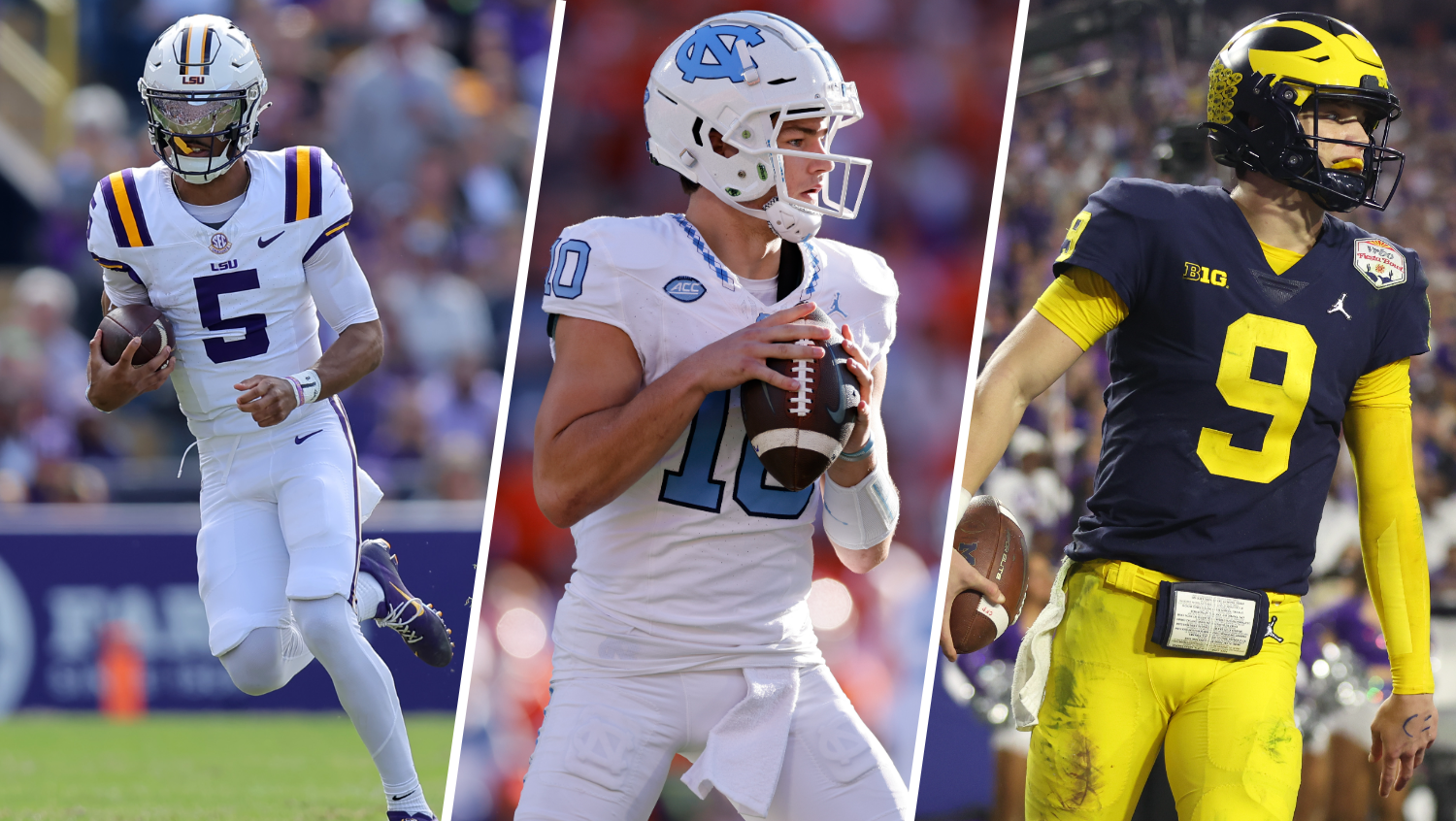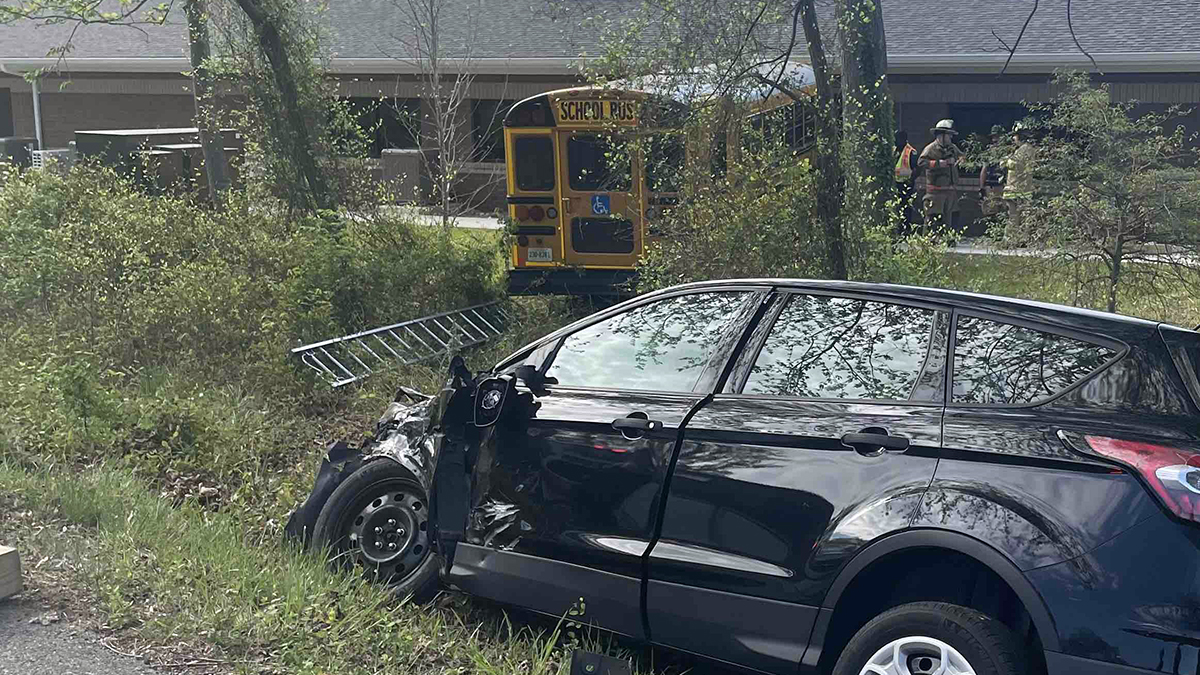What are we to make of Ballou?
Radio partners WAMU and NPR delivered a devastating look at the backstory behind Ballou High School’s most recent, glowing graduation statistics.
Simply stated, too many students at the Southeast school graduated with suspect grades and many, many weeks of absences.
Mayor Muriel Bowser and Chancellor Antwan Wilson immediately vowed at a news conference to review the Ballou situation and take steps to ensure that system-wide graduation policies were being followed.
For the Notebook, though, the news conference suffered from a bureaucratic cool that diluted the significance of the moment. It was only as she headed to an elevator that Mayor Bowser quietly said one word that captured the disappointing situation: "heartbreaking."
The mayor at that moment was thinking of the students, both the ones who may have faulty graduation credentials and, maybe worse, the student who did work hard, succeeded and now may have a cloud over their own real achievements.
Three different tracks of reaction have arisen in the wake of the Ballou story.
Local
Washington, D.C., Maryland and Virginia local news, events and information
The first is the least constructive. Some immediately said the news report could only show that public school reforms are more public relations than results.
Two, how could this happen? Did a sloppy school front office allow this, and did it maybe purposefully do so to make the school look better?
A third response: Why pick on Ballou? There are attendance problems across D.C. Public Schools, so why pick on a high school in the poorest part of the city? Everyone knows or should know that there are intense socioeconomic pressures that affect school attendance and achievement.
On the WAMU Politics Hour last Friday, D.C. Council Education Committee chair David Grosso said some Ballou students feel picked on. "It feels like Ballou always is the poster child of what DCPS does wrong," Grosso said, quoting one student. Grosso said finding the truth at Ballou is important, but he said he agreed with the sentiment that the school was singled out.
"There are nuances here that are very important," he said. "I also think it is important for us to note that the District of Columbia has had issues with attendance across the board. It is not a Ballou High School situation." Grosso said a citywide task force of educators and city officials meets “on a monthly basis” to talk about attendance.
Grosso also said it is difficult for students to "fit into a rigid schedule you have at a particular school… We have to continue to give opportunities to students and not continue to put them down."
Grosso is holding a hearing this Friday on the issues. "I think it’s unfair to just focus on Ballou High School in this situation," he said.
Producers for host Kojo Nnamdi said the phones lit up with callers worried that Grosso was minimizing the detailed reporting of irregularities among both administrators and students. Many students surely have difficult family and home situations that keep them from school. For some other students, they simply don’t go to class because there’s no consequence if they don’t.
We asked Grosso whether there’s a danger that focusing on a broad review of citywide school problems might miss the issues detailed by the report at Ballou specifically.
"The NPR, WAMU investigation was pretty detailed," we said. "There was no follow-up when kids didn’t come to class." The Notebook pointed out that at other schools even a few days’ absence will prompt school officials to follow up with calls to homes and other interventions. Why not at Ballou?
"I do believe that there is going to be a deep dive into the Ballou questions" by education officials, Grosso responded. He said his committee would look at the broader picture.
It may turn out that the system’s "credit recovery" policies — which allow students to make up for lost time and weeks of absences — need revisions. The review also may point out that pupil-based funding formulas shortchange schools with high poverty needs.
■ More Grosso. Council member Grosso’s appearance on the Politics Hour was notable for another reason. He flatly shot down suggestions (we’re looking at you, Harry Jaffe of the Washingtonian) that he should or would run for mayor.
"I actually think Mayor Bowser is doing a good job," Grosso declared, "and I have no intention of running against her." The Notebook responded,"You just endorsed her for re-election." Grosso repeated, "I think she’s doing a good job."
But what about former Mayor Vincent Gray? The current Ward 7 council member is weighing whether to challenge Bowser in 2018 to reclaim the office he believes prosecutors effectively stole from him in 2014.
Grosso said he thought Gray — who has held a few elective positions — should remain on the council where he, too, is doing a good job.
"I also believe that Chairman Gray, Vincent Gray, Council member Gray, Mayor Gray is doing a great job right now as the head of the Committee on Health," said Grosso. "And I really love working with him."
We pressed Grosso on whether Gray had revealed any plans about running. "Come on, you’ve done this a long time," Grosso replied to us. "He doesn’t tell anybody anything for a long time."
■ A final score. Last week’s competitive Army-Navy football game was inspirational beyond the hard-fought battle in the cold and snow of Philadelphia.
The Notebook tweeted about display of both athletic ability and, more importantly, sportsmanship. On Sunday, we were glad to see that exceptional sports columnist John Feinstein captured the day for The Washington Post. And, if you missed it, we share it with you now at wapo.st/2ApN8OK.
Tom Sherwood, a Southwest resident, is a political reporter for News 4.



